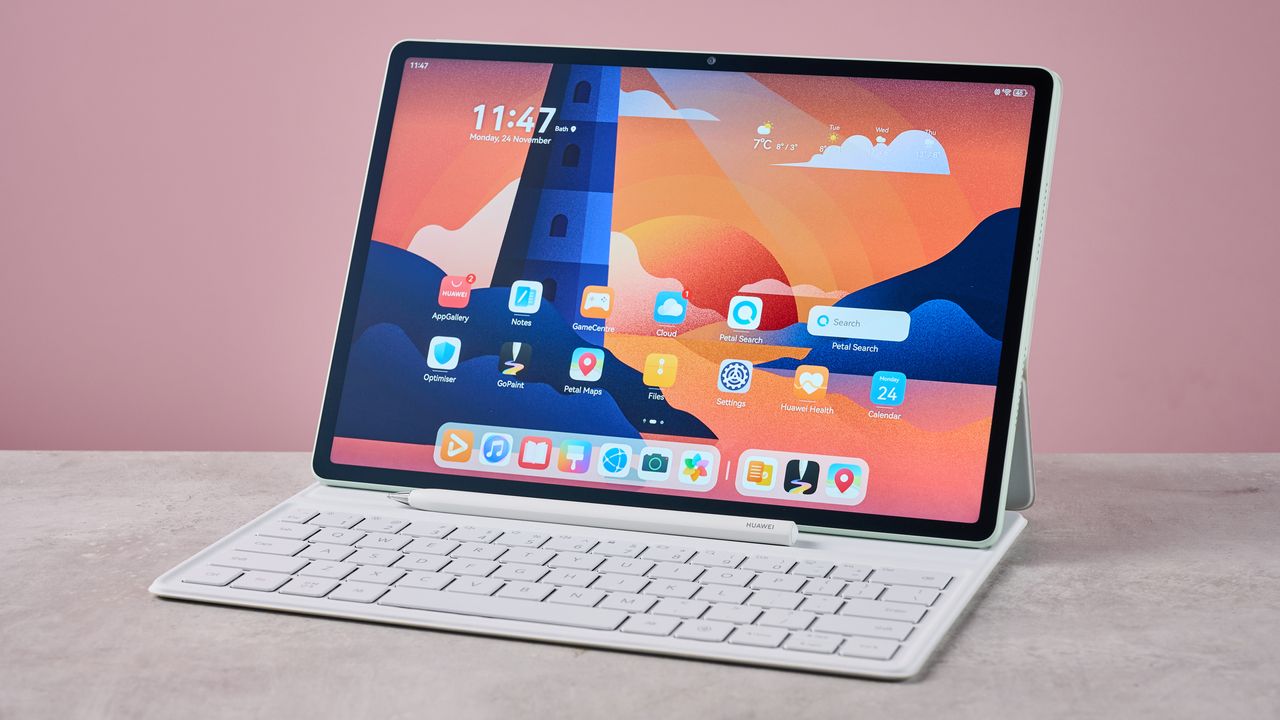- OpenAI has launched in-chat apps for ChatGPT
- Users can access apps like Spotify, Canva, and Zillow directly within conversations with the AI chatbot
- The upgrade makes ChatGPT a full-fledged app platform
OpenAI is reshaping ChatGPT to be a whole platform full of apps, going well beyond the usual chatbot setup. The newest feature makes ChatGPT a conversational app store with potentially huge ramifications for how people engage with it.
ChatGPT has been moving toward a more proactive approach to answering requests for a while, but the inclusion of third-party apps provided by the likes of Booking.com, Canva, Coursera, Expedia, Figma, Spotify, and Zillow, makes it so you can simply mention a task in a chat and ChatGPT can now call on the relevant services without you needing to click on a link. For instance, you could ask for a new Spotify playlist or help make a real estate listing for Zillow and have it set up on those respective platforms without leaving ChatGPT.
And you don’t even have to specify which app you want. Mention planning a trip, and ChatGPT might suggest the Expedia or Booking.com app. Or if you’re asking about designing a logo, you might see Figma appear as part of ChatGPT’s answer. ChatGPT becomes a central command center where conversations turn into actions with a single prompt.
The obvious comparison here is to smartphones and the early days of the Apple App Store. But even on your phone, you have to go find and open an app to use it. With ChatGPT apps, the software comes to you based on context as much as by name. You don’t open the app. The app joins the conversation.
Of course, it’s also a power play by OpenAI. After all, becoming a platform, OpenAI now owns the interface and possibly the app economy within it. Much like how Google controls search traffic or how Apple controls mobile distribution, OpenAI could soon determine which apps appear in ChatGPT, how they’re ranked, and what it takes to be discoverable.
ChatGPT OS
The change is rolling out today for all ChatGPT users, except those within the EU for now. OpenAI says it plans to expand the roster of third-party partners throughout the year, aided by how developers can start building their own apps right now using the SDK. OpenAI hasn’t yet laid out exactly how app developers will earn money from this new ecosystem, but a revenue model is inevitable.
From the user’s perspective, using one of these new ChatGPT apps looks less like installing software and more like inviting a useful guest into your chat. The first time you use a new app, ChatGPT will ask for permission and show you what data it plans to share, with a prompt to connect your accounts if needed. Once connected, these apps are interactive and will offer all sorts of help based on what you’ve discussed with ChatGPT.
Still, if OpenAI’s vision pans out, we may look back on today as the day AI stopped being a service and started becoming a storefront.
Follow TechRadar on Google News and add us as a preferred source to get our expert news, reviews, and opinion in your feeds. Make sure to click the Follow button!
And of course you can also follow TechRadar on TikTok for news, reviews, unboxings in video form, and get regular updates from us on WhatsApp too.




